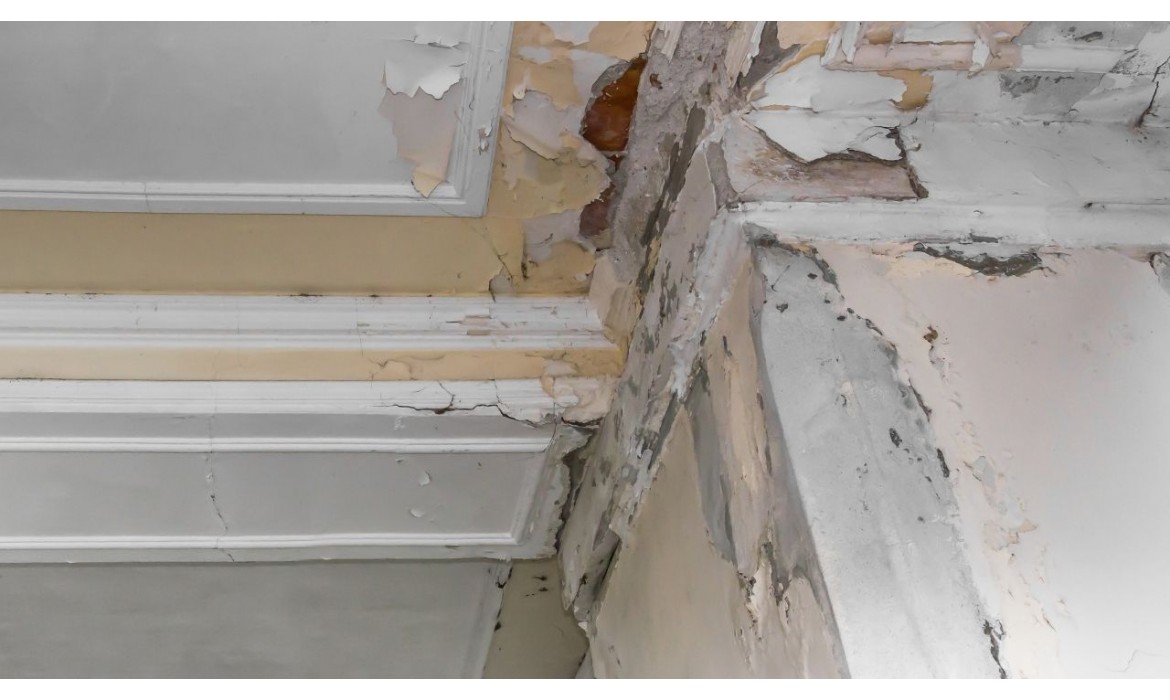Il diritto alla salute è espressamente affermato dall’art. 32 della Costituzione e ha natura di diritto fondamentale.
Può l’immobile locato essere affetto da vizi tali da compromettere la salute del conduttore e dei suoi familiari?
Un caso tipico è la presenza nell’immobile di una forte umidità che rende l’ambiente insalubre e inadatto ad essere abitato.
Con la sentenza 29329/2019 la Corte di Cassazione ha accordato al conduttore il diritto di recesso a causa della presenza di umidità nell’immobile locato.
Prima di esaminare la decisione della Corte, è opportuno fare una premessa sulla disciplina dei vizi nel contratto di locazione.
LE OBBLIGAZIONI DEL LOCATORE (1575 c.c.)
Il locatore assume le seguenti obbligazioni:
1) consegnare al conduttore la cosa locata in buono stato di manutenzione;
2) mantenerla in stato da servire all'uso convenuto;
3) garantirne il pacifico godimento durante la locazione.
LA GARANZIA PER I VIZI (1578 c.c.)
La responsabilità del locatore è connessa alla garanzia per i vizi della cosa locata.
Il vizio è un difetto della cosa locata che ne diminuisce il valore o l’idoneità all’uso convenuto.
Affinché il vizio abbia rilevanza giuridica, deve essere apprezzabile.
Esistono due tipi di vizi:
a) vizi manifesti (riconosciuti o riconoscibili);
b) vizi occulti (più difficili da individuare).
Non è detto che il vizio sussista al momento della consegna della cosa: quando esso venga ad esistenza in un secondo momento si parla di “vizio sopravvenuto”.
Le parti possono accordarsi escludendo o diminuendo la responsabilità del locatore per i vizi della cosa, tranne che nelle seguenti ipotesi:
a) il locatore ha taciuto in mala fede l’esistenza del vizio (ne era cioè a conoscenza ma non lo ha comunicato al conduttore);
b) il vizio è tale da rendere impossibile il godimento della cosa.
RIMEDI ESPERIBILI DAL CONDUTTORE
La conoscenza o la facile riconoscibilità del vizio esclude la garanzia cui è tenuto il locatore.
Solo in caso di vizi occulti il conduttore può, alternativamente, chiedere:
a) la risoluzione del contratto per inadempimento;
b) la riduzione del canone di locazione.
La riduzione del canone va richiesta al locatore: non è considerata legittima un’autoriduzione del canone da parte del conduttore senza un previo accordo con il locatore.
Il conduttore ha inoltre diritto al risarcimento del danno a meno che il locatore abbia senza colpa ignorato i vizi al momento della consegna.
L’onere della prova grava sul locatore.
COSE PERICOLOSE PER LA SALUTE (art. 1580 c.c.)
Quando si tratta di vizi che comportino un serio pericolo per la salute del conduttore e dei suoi familiari o dipendenti, il conduttore ha diritto alla risoluzione del contratto anche se i vizi gli erano noti e nonostante qualunque rinunzia.
Non è necessario che il vizio riguardi l’intera cosa locata: è sufficiente che investa parte notevole di essa.
In ragione dell’espresso riferimento ai “dipendenti”, la norma si applica anche alle locazioni non abitative.
L’art. 1580 si pone come una specificazione del principio espresso in tema di clausole di esonero della responsabilità nella disciplina delle obbligazioni (art. 1229 c.c.):
«È nullo qualsiasi patto che esclude o limita preventivamente la responsabilità del debitore per dolo o per colpa grave. È nullo altresì qualsiasi patto preventivo di esonero o di limitazione di responsabilità per i casi in cui il fatto del debitore o dei suoi ausiliari costituisca violazione di obblighi derivanti da norme di ordine pubblico».
È evidente come il diritto fondamentale alla salute non sia disponibile e qualunque patto lesivo sia privo di effetto.
Non è pacifico nella giurisprudenza di legittimità se il locatore sia tenuto al risarcimento del danno anche nel caso in cui il conduttore fosse a conoscenza del vizio e lo abbia accettato.
LA SENTENZA 29329/2019
Con la sentenza 29329/2019 la Suprema Corte ha ritenuto che l’umidità delle pareti debba essere annoverata tra i vizi riconducibili all’art. 1580 del c.c., non riconducibili a un inadempimento del locatore ma che alterano l’equilibrio contrattuale in quanto incidono sull’idoneità della cosa all’uso pattuito.
La presenza del vizio denunciato giustifica il recesso anticipato, per cui il conduttore non è tenuto a rispettare la scadenza del contratto di locazione.

